In the vast landscape of India, where flavours mingle and cultures intertwine, a thriving market of aromatic brews emerges strong – the industry of India’s specialty tea and coffee market is rapidly growing at a rate of 12% per year, with a staggering current value of $300 million. The status of coffee has shifted from a simple beverage to an artfully crafted concoction after carefully picking the best coffee beans and flavours. Coffee is no longer simply instant powder added to hot milk, but rather an elevated selection of beverages for different needs, moods, seasons, and people.
According to a report by Reuters on the ever-growing and competitive realm of Indian coffee, novelty brands are crafting innovative blueprints to revolutionise their strategies as competition surges through the industry. After recognising the consumer’s attachments towards coffee and their respective coffee orders, brands are doing their best to incorporate unique identities into their offerings to appeal to different masses. Starbucks, for instance, has included beverages like Masala Chai and Elaichi Chai (staples in every Indian household) in their menu to create a sense of familiarity and camaraderie between the brand and its patrons.
In a caffeinated race for dominance, homegrown coffee brands like Blue Tokai and Third Wave Coffee Roasters too have defied expectations, strategically planting their flags in nearly 150 thriving outlets around the country over the past three years. Their relentless pursuit of excellence has transformed the coffee scene, captivating enthusiasts and delighting palates with their distinct offerings.
Araku Coffee, founded by Manoj Kumar, is another such coffee brand rewriting the history of coffee in India. While their goal is to grow Araku Coffee into a recognised luxury coffee brand, they have made it their mission to stay true to their roots and honour the ones who make it possible. In a testament to the farmers and coffee-experts, Araku has been pioneering the bean to cup movement by forgoing middlemen and working with farmers in the Araku Valley directly. With stores in Paris and winning the award for the best coffee in France, the pure arabica is revolutionising the coffee industry for the Araku region and the farmers by bringing their identities and stories to the forefront of the brand.
The reigning behemoth of the coffee realm, Starbucks, has steadily expanded its empire as well, unveiling a staggering 343 coffee shops. Among these establishments stands tall the exclusive Starbucks Reserve, an opulent sanctuary where connoisseurs can indulge in the finest and most exquisite roasts and brews.
From Blue Tokai’s meticulously sourced and handcrafted blends to Third Wave’s dedication to the art of precision brewing – the caffeinated landscape now thrives with a plethora of options, offering a cornucopia of tastes. And amidst this vibrant tapestry of coffee culture, Starbucks stands resolute, an enduring symbol of quality and grandeur, steadfastly meeting the evolving demands of a discerning clientele.
Apart from introducing innovative beverage options to consumers, these visionary coffee brands have also embarked on a journey to revamp their pricing paradigms and expand their customer base. Starbucks has introduced lower prices, newer beverages, and even an additional smaller drink size – the Picco as they call it. Recognising the importance of inclusivity the brand aims to please even the youngest coffee connoisseurs, crafting a captivating selection of beverages designed to appeal to the playful imaginations and developing palates of children – all the way from mesmerising Pink Drinks to adorable Babyccinos.
Similarly, Third Wave, having its origins in India, has witnessed a remarkable surge in footfall at their vibrant establishments in Delhi and Bengaluru. At the heart of this bustling coffee chain lies a remarkable app, a gateway to a world of delightful caffeinated wonders. This ingenious creation not only aids customers in navigating the vast realm of coffee choices but also bestows them the power to collect points with each order. And the resulting surge in footfall has been nothing short of extraordinary – Delhi, with its bustling streets and vibrant energy, has warmly embraced The Third Wave’s concept while Bengaluru, the tech-savvy capital, has ignited a coffee revolution of its own. As the Silicon Valley of India, the city is no stranger to innovation (or workday caffeine requirements), and Third Wave has seamlessly integrated into its dynamic fabric. Based on the data by real estate analytics firm, CRE Matrix, Third Wave boasts an impressive collection of 40 coffee shops in Bengaluru, outshining the 35 stores operated by Starbucks.
According to the retail guru at Technopak Advisors in India, Ankur Bisen, penetrating beyond the bustling metropolises is the sole path to expansion. In a world yearning for innovation and untapped potential, this daring approach can become the catalyst for unparalleled expansion. In an industry where competition is intensifying and foreign giants like Tim Hortons and Pret A Manger are foraying into the Indian market and changing the game, one of the original players Barista, under the visionary leadership of its CEO, Rajat Agarwal, is boldly embarking on a journey to conquer the untapped potential of smaller cities. This strategic move aims to not only stay ahead in the expanding market but also to satiate the growing demands of coffee aficionados across the nation. In this ever-evolving saga of coffee conquest, one thing remains certain: India’s caffeine enthusiasts are spoiled for choice. The battle lines have been drawn, and with each passing day, new chapters are written as these titans of the coffee world relentlessly pursue their shared dream – to awaken the nation’s love for coffee, one sip at a time.
Words by Esha Aphale.
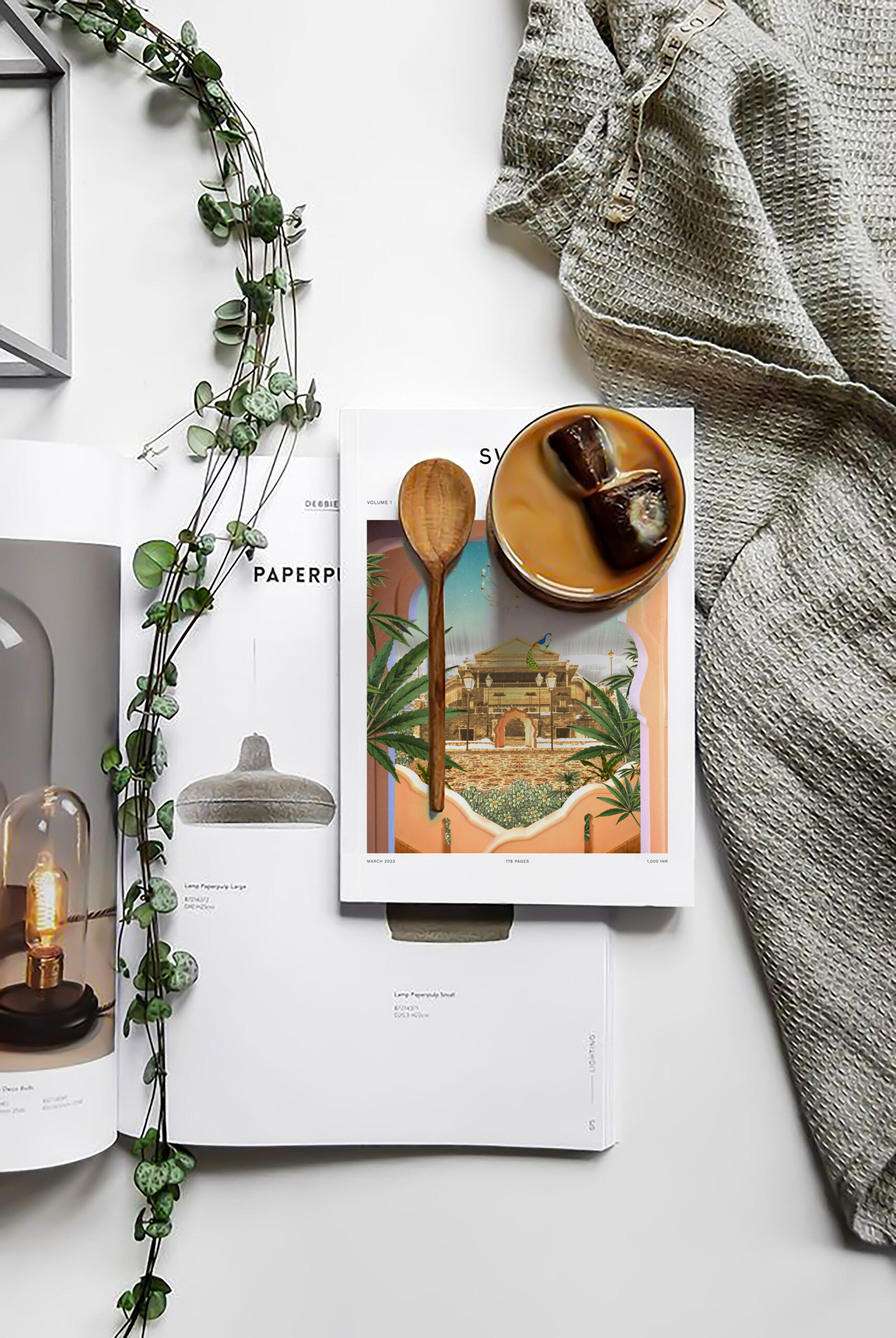
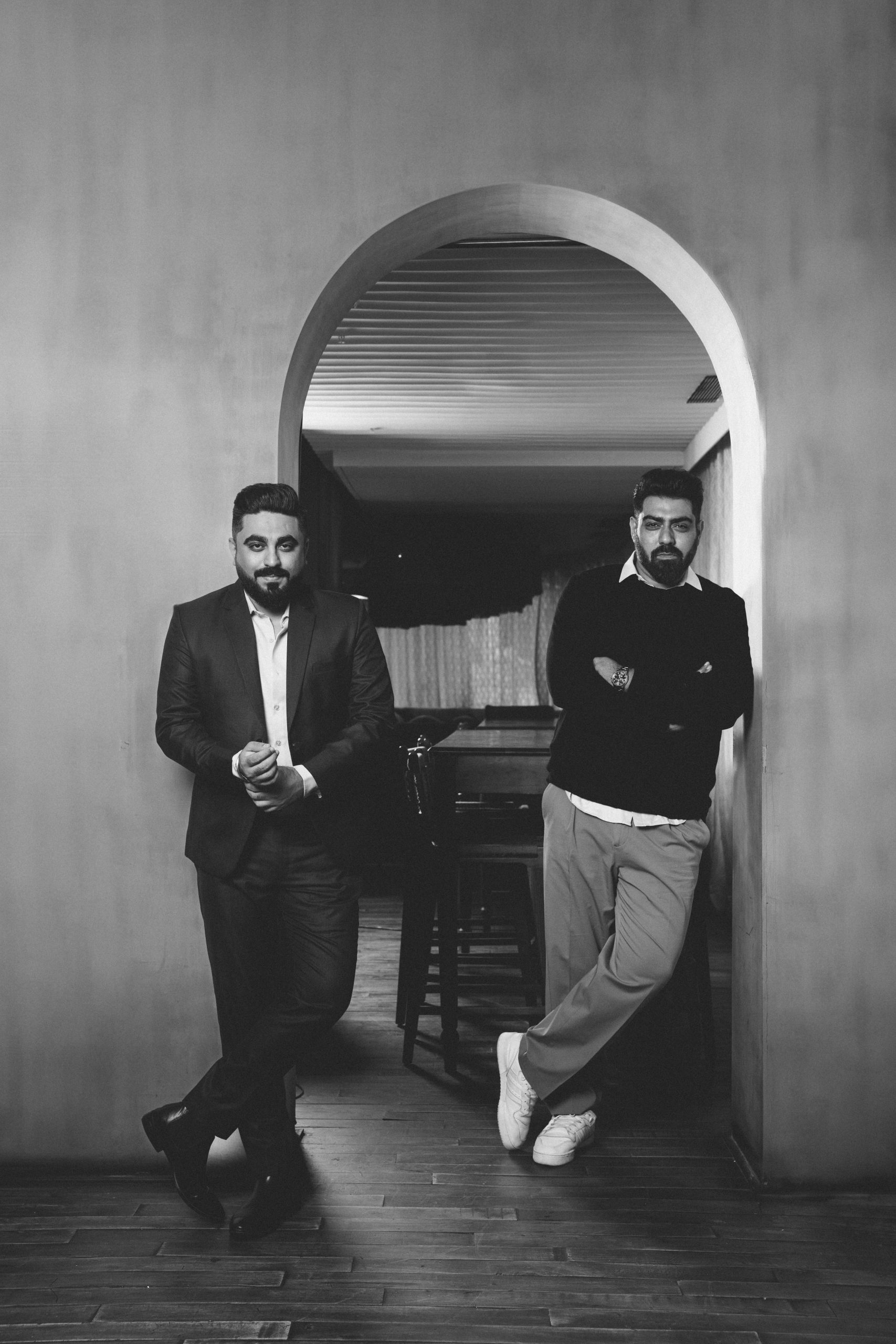
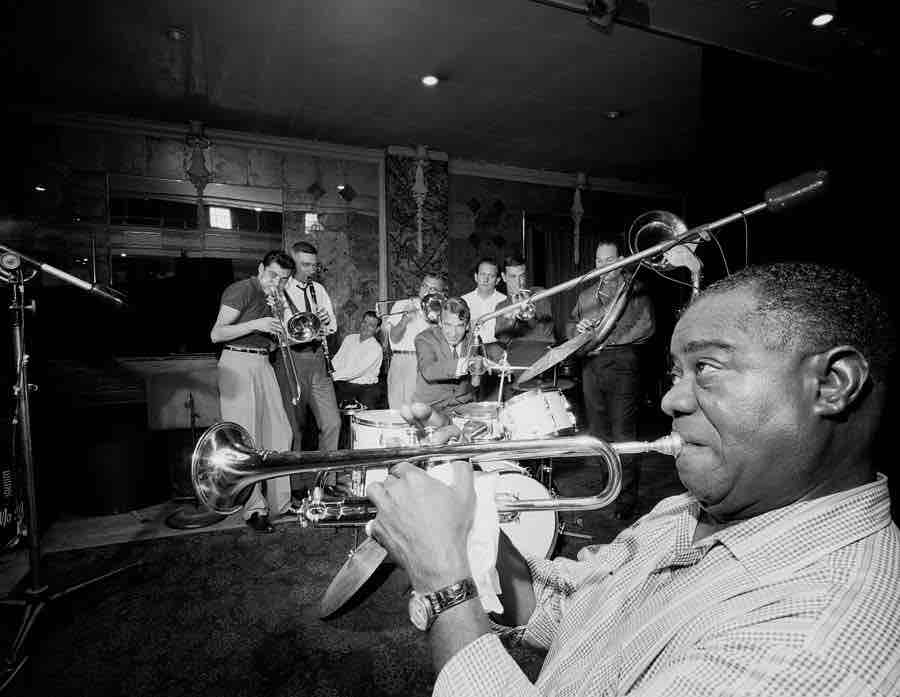
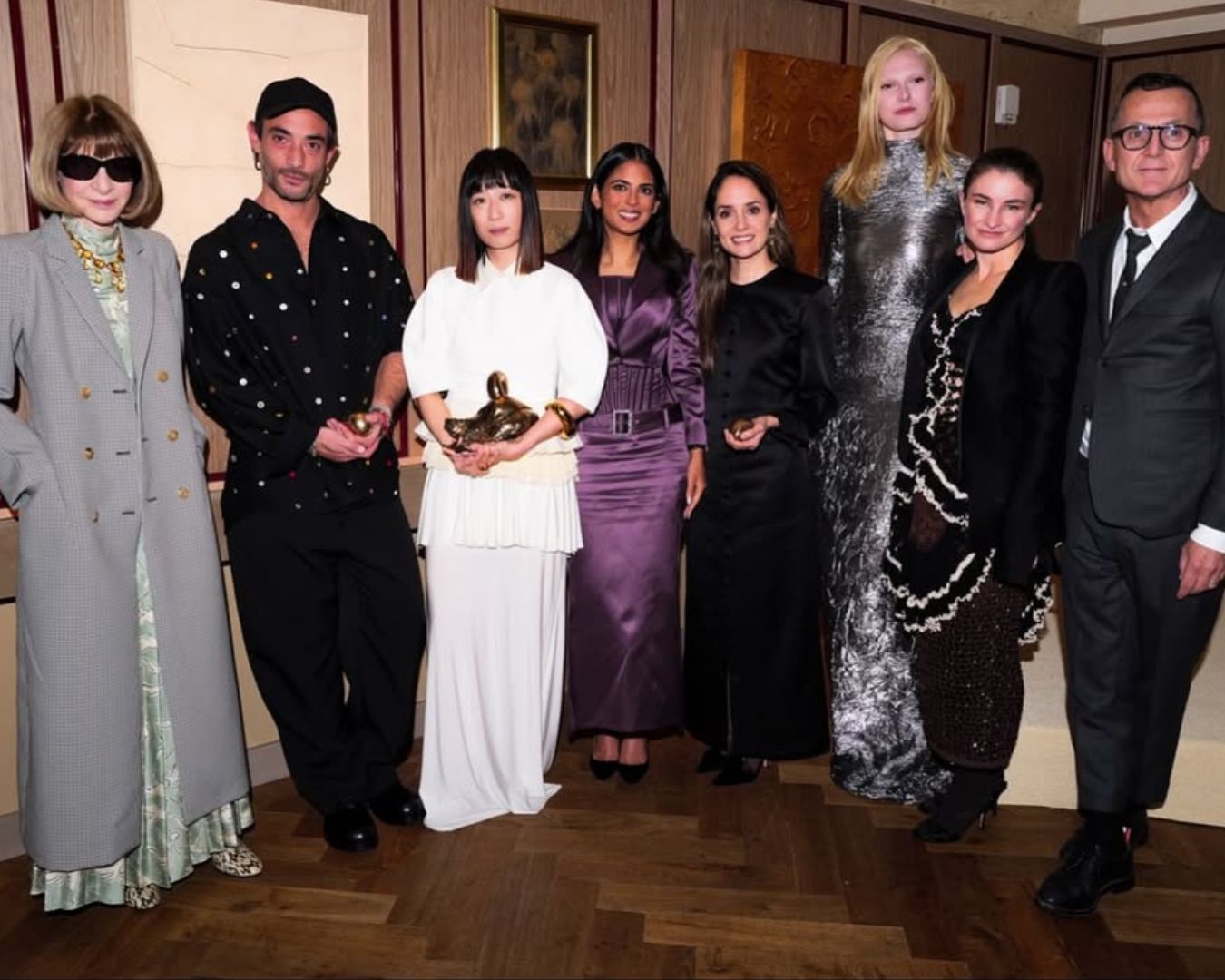

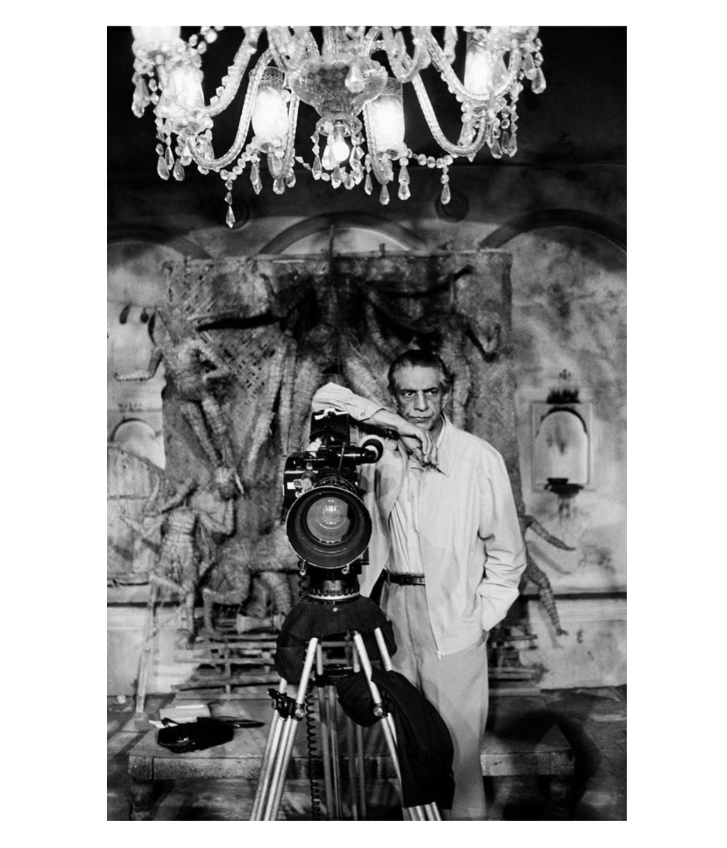
Wonderfully written with great facts with knowledge. Lovely read and very insightful! Makes me want to get a coffee now.
now i want to go and get a cup of coffee
So well written !!!
Wow. Making me crave a well made coffee now. Beautifully written. Felt like I was sitting in a cafe while reading this.